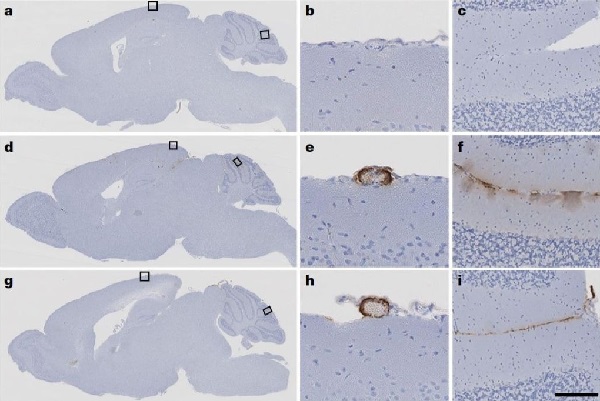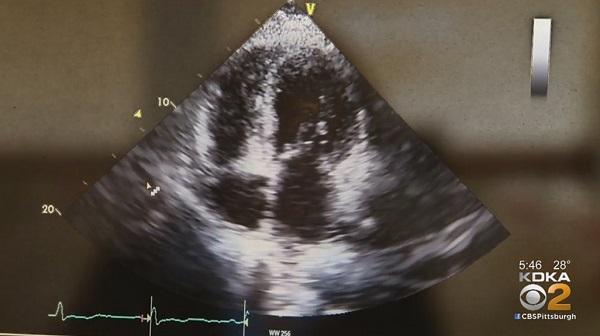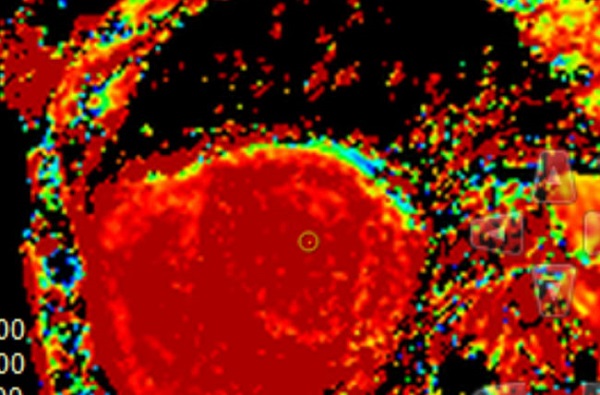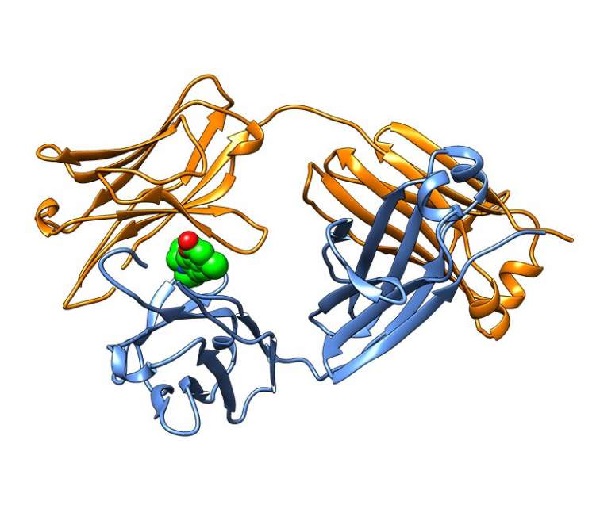Amyloid Assemblies Once Believed to be Toxic Found to Play Key Role in Muscle Generation
Toxic protein assemblies, or “amyloids,” long considered being key drivers in many neuromuscular diseases, also playing a beneficial role in the development of healthy muscle tissue, University of Colorado Boulder researchers have found. “Ours is the first study to show that amyloid-like structures not only exist in healthy skeletal muscle during regeneration, but are likely […]
Amyloid Assemblies Once Believed to be Toxic Found to Play Key Role in Muscle Generation Read More »










